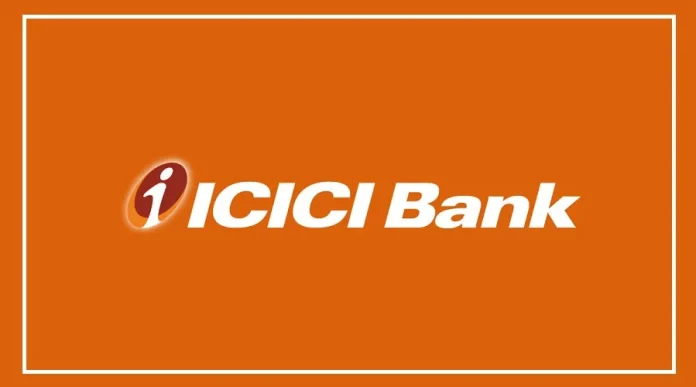ICICI Bank and Bank of India have raised their MCLR rates, which directly impact loan interest rates, leading to higher EMIs for borrowers and potentially affecting loan repayments.
Repo Rate Increase and Its Impact on EMIs
Due to an increase in the repo rate since May of the previous year, people have experienced higher EMIs.
Despite RBI’s halt on interest rate increases, some banks are still raising lending rates.
ICICI Bank and Bank of India’s Latest MCLR Hike
The recent MCLR hike comes from ICICI Bank and Bank of India, with new interest rates taking effect from August 1.
Understanding MCLR and Its Impact
MCLR stands for Marginal Cost of Funds Based Lending Rates, which is the rate at which banks lend to customers, directly influencing customer EMIs.
Details of MCLR Increase by ICICI Bank and Bank of India
ICICI Bank raised its MCLR rate by 5 basis points, leading to overnight and one-month MCLR of 8.40%, three-month MCLR of 8.45%, six-month MCLR of 8.80%, and one-year MCLR of 8.90%.
Bank of India also raised its MCLR for selected periods, resulting in one-year MCLR of 8.70% and three-year MCLR of 8.90%, while overnight MCLR is 7.95%, one-month MCLR is 8.15%, three-month MCLR is 8.30%, and six-month MCLR is 8.50%.
Consequences and Benefits of MCLR Increase
The MCLR rate hike by banks may lead to higher EMIs for customers.
While it could be advantageous for customers capable of managing higher EMIs and repaying loans over a longer period, it also enhances banks’ interest in loan disbursement and helps them adapt to changes in RBI interest rates due to increasing repo rate.
Customer Awareness and Actions
Customers are advised to remain vigilant about these changes and ensure timely loan repayments.
If they face difficulties with EMIs, they should contact the bank to explore possible solutions.
